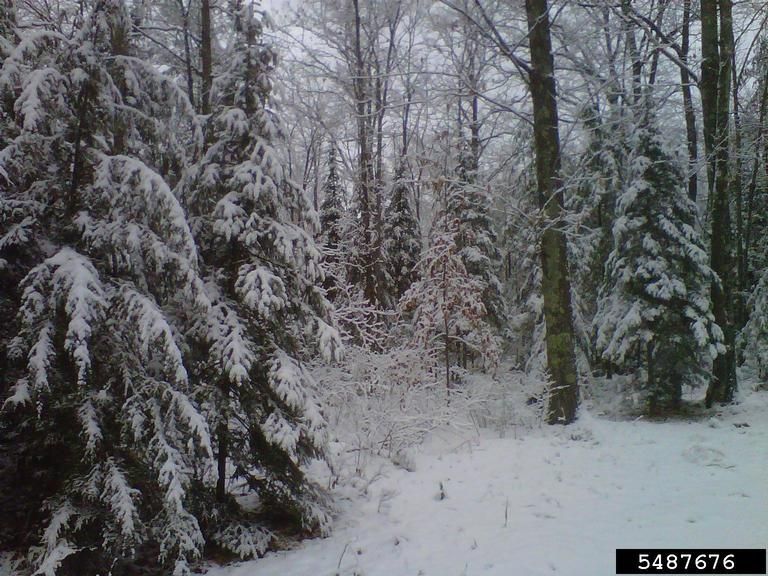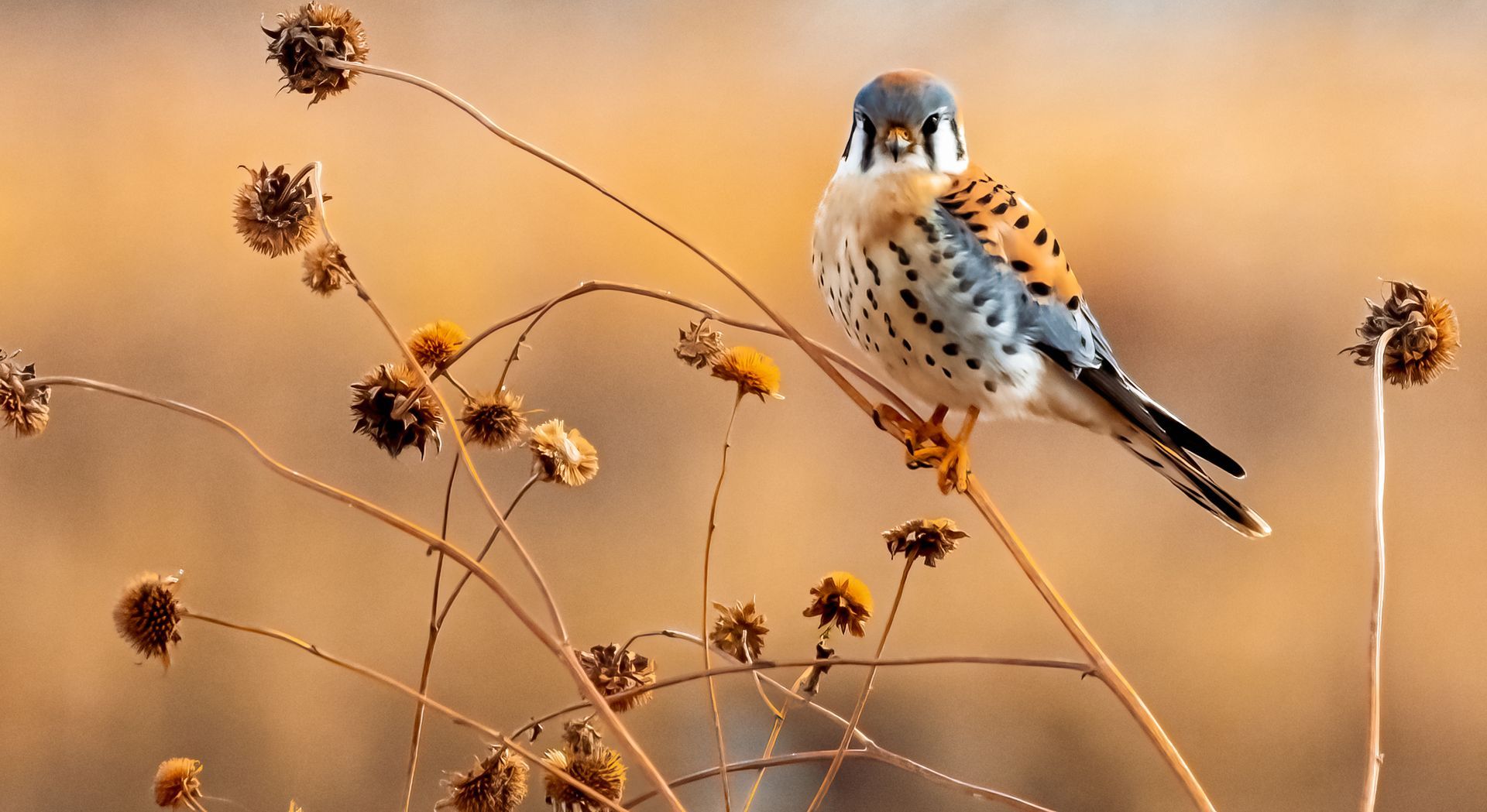How to Become a Michigan Recreational Safety Instructor
Background and Problem
Over the last several years, the Michigan Department of Natural Resources (DNR) has been developing a new process to become a certified Michigan Recreational Safety Instructor. This process was rolled out at the beginning of 2024 and is only necessary for new instructors for all programs (Bow Hunter Education, Trapper Education, Snowmobile Safety, ORV Safety, Boating Safety and Hunter Education). Some of these courses are required by law, and others are highly encouraged to conduct these activities safely. To find out if you need to take one of these courses and which ones, click here.
While instructors have always been expected to meet a level of professionalism and safety, the instructor certification process for all six programs has been inconsistent and has not always prepared instructors to teach these programs effectively. There are also current instructors who are inactive in their volunteer roles, making it more difficult for students to find courses. However, there will always be a need for new Recreational Safety Instructors and MUCC wants to disseminate this information widely so the supply of classes will be able to keep up with demand.
New Recreational Safety Instructor Application and Training Process
Taking the time to go through the new process is crucial to ensure we have safe and active individuals in the woods and on our waters.
First, you must be qualified to become an instructor. Qualifications include being 18 years of age or older, having a high school diploma or GED, having no felonies or convictions and having a student safety certificate for the course you are applying to teach. For a FULL LIST of qualifications, head to https://www.michigan.gov/dnr/about/get-involved/volunteer-recreational-safety-instructor .
Next, you will apply online by completing the instructor application found HERE . Once the DNR receives your application and you meet all the qualifications, they will conduct a background check. You will be notified via email of your background check results. If you pass, you’ll receive the next steps in the application process in that email. If you do not pass the background check, you will not be allowed to proceed in the process and your application will be withdrawn.
Three virtual modules must be completed within six months of getting your background check results. Module 1 must be completed before receiving Module 2, and the same for Module 3. Once you complete these three modules, you can attend one of the mandatory two-day, in-person trainings. To ensure a fair process for every interested party, there is a paper application process for those with a valid reason for not using a computer, phone or tablet to complete the online process.
After completing the three virtual training modules, you will be approved to attend the two-day, in-person training. Right now, these in-person trainings will be held at the Ralph A. MacMullan (RAM) Conference Center in Roscommon, MI. The DNR has released three dates for this training, with one TBA for January 2025. You must attend ONE of the following training dates:
April 20-21, 2024
July 19-20, 2024
October 19-20, 2024
The two-day training is free of cost, and meals and housing are provided to all participants. You will be notified via email after completing the three virtual training modules on how to register for the in-person training and additional information. Once you meet all the training requirements, including passing a final exam, you will officially be a certified Michigan Recreational Safety Instructor for the program in which you were trained.
Current Instructors
If you already are a Recreational Safety Instructor, thank you. Michigan needs you. The DNR, as well as organizations like us at Michigan United Conservation Clubs, value the time you put into leading classes. Current instructors do NOT have to participate in any of the required training, including attending any of the two-day in-person trainings mentioned above.
What you do have to do is fill out the survey that was sent to your email on February 1, 2024. Once you review the new policy and procedure manual, click the link in that email and complete the survey. This will take you less than 30 seconds. You MUST complete that survey BEFORE May 1, 2024, and cannot instruct any classes until doing so, no matter what program you teach.
Current Hunter, Bow, and Trapper instructors must attend a hunter education workshop within two years of their initial certification and attend one every two years after that. This helps ensure instructors teach the most up-to-date information and are following proper policies and procedures. Instructors will receive an email with the finalized schedule and can find it posted in Event Manager.
In Michigan, there are constant changes in regulations for hunting, trapping, boating and all recreational activities. It is not only the participants’ responsibility to stay up to date on these changes but also a requirement for volunteer Recreational Safety Instructors.
Michigan needs more instructors, but we do not need to cut corners to up our numbers. We are not teaching people and our youth how to make a paper airplane or ride a bike. We are teaching them how to handle firearms, how to survive in the woods if they get hurt or lost and how to be safe and ethical conservation enthusiasts. Teaching these things should not be taken lightly, and all should be willing to do what is required to become a certified Recreational Safety Instructor.
Stay connected and stay outdoors.
The post How to Become a Michigan Recreational Safety Instructor appeared first on Michigan United Conservation Clubs.



